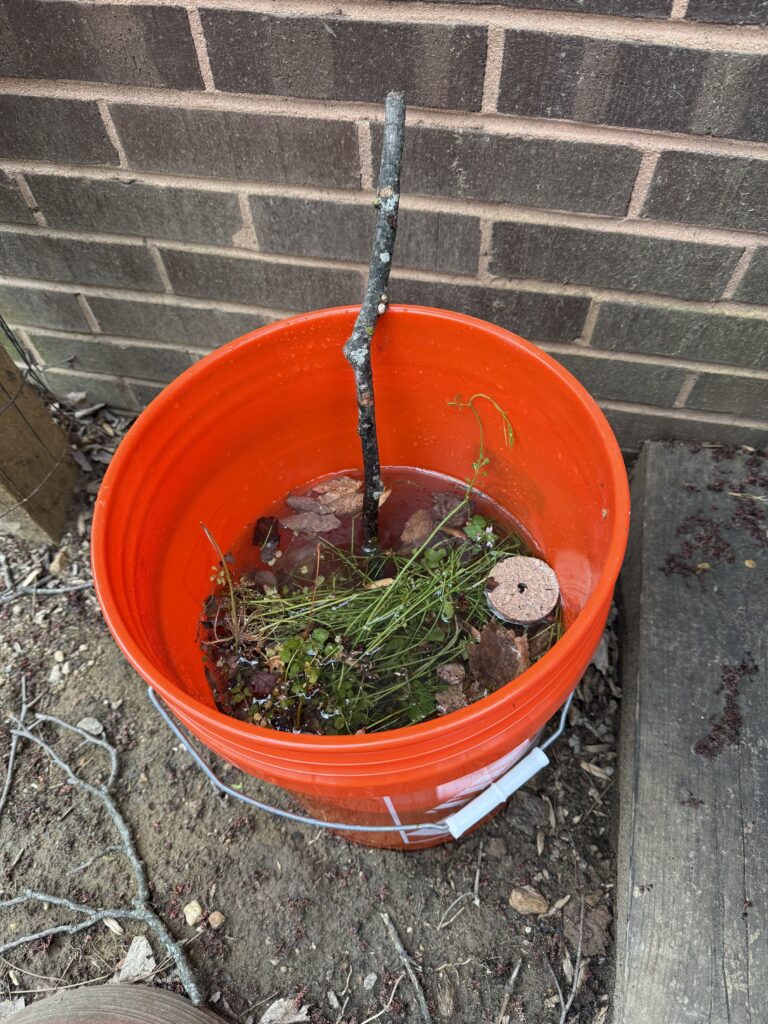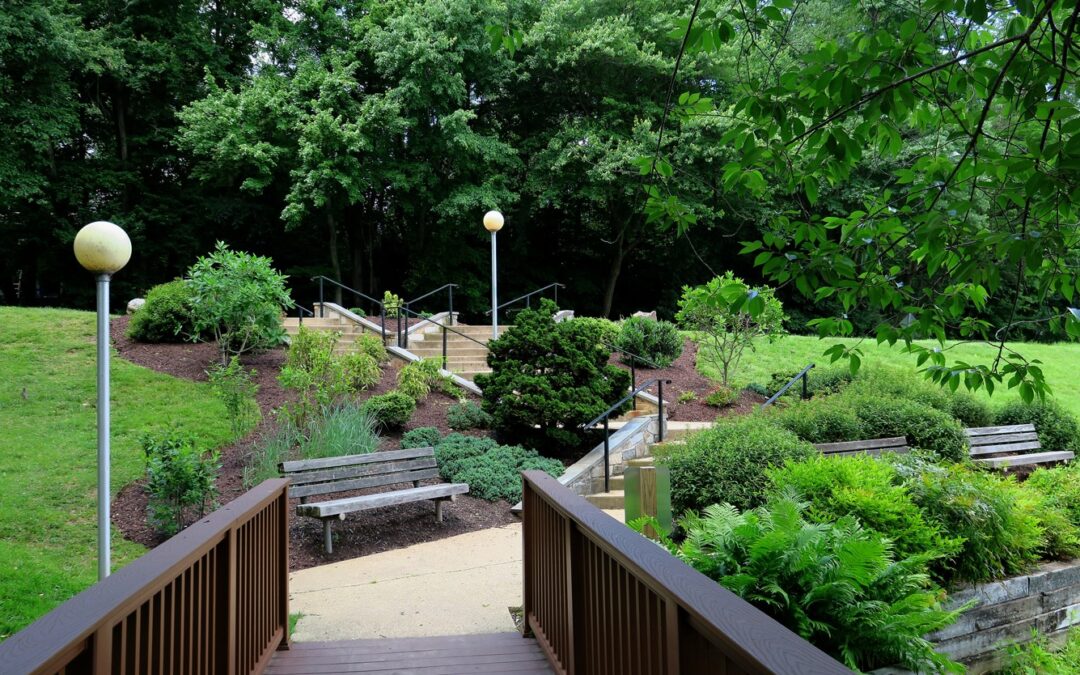Members of the NMC Board voted unanimously in April to end treatment for mosquitoes in the common areas, following a presentation during Community Forum about the dangers of spraying insecticides to control mosquitoes.
The most safe and effective mosquito control is source reduction and early intervention, according to the Montgomery County Department of Environmental Protection.
Neighbors in the 300 NME block reported success last summer with an alternative to spraying: Summit Mosquito Dunks, which contain a naturally occurring bacterium that is toxic to mosquito larvae. Homeowners set up buckets containing water, organic matter, a stick and a dunk. The small, donut-shaped “dunks” contain a naturally occurring bacterium called Bacillus thuringiensis israelensis (Bti), which is toxic to mosquito larvae but safe for other insects as well as humans, pets, birds, fish, and other wildlife.

This low-maintenance solution effectively reduced the mosquito population in their area, they said. Scaling up this effort will benefit our community for much less money and no harm to our environment.
Despite marketing claims, most widely used mosquito sprays don’t limit their harm to mosquitoes. Companies such as Mosquito Joe use pyrethroids in their standard treatment options. These insecticides are also highly toxic to native pollinators like bees, butterflies, caterpillars, ladybugs and dragonflies. Birds, aquatic life, pets and humans can be harmed by exposure to pyrethroids, too. Setting up a safe mosquito treatment is easy. Here’s how:
- Fill two buckets with a few inches of water, one for the front and back of the home
- Add dry leaves or straw to mimic where mosquitos like to lay eggs
- Add a stick to help squirrels or other rodents climb out if they fall in
- Add a dunk to each bucket. Replace monthly
